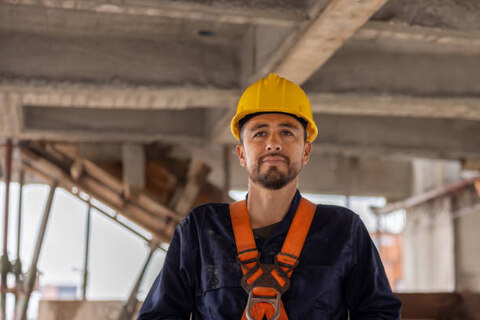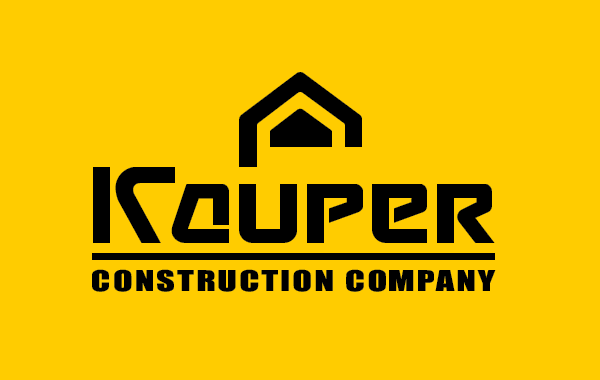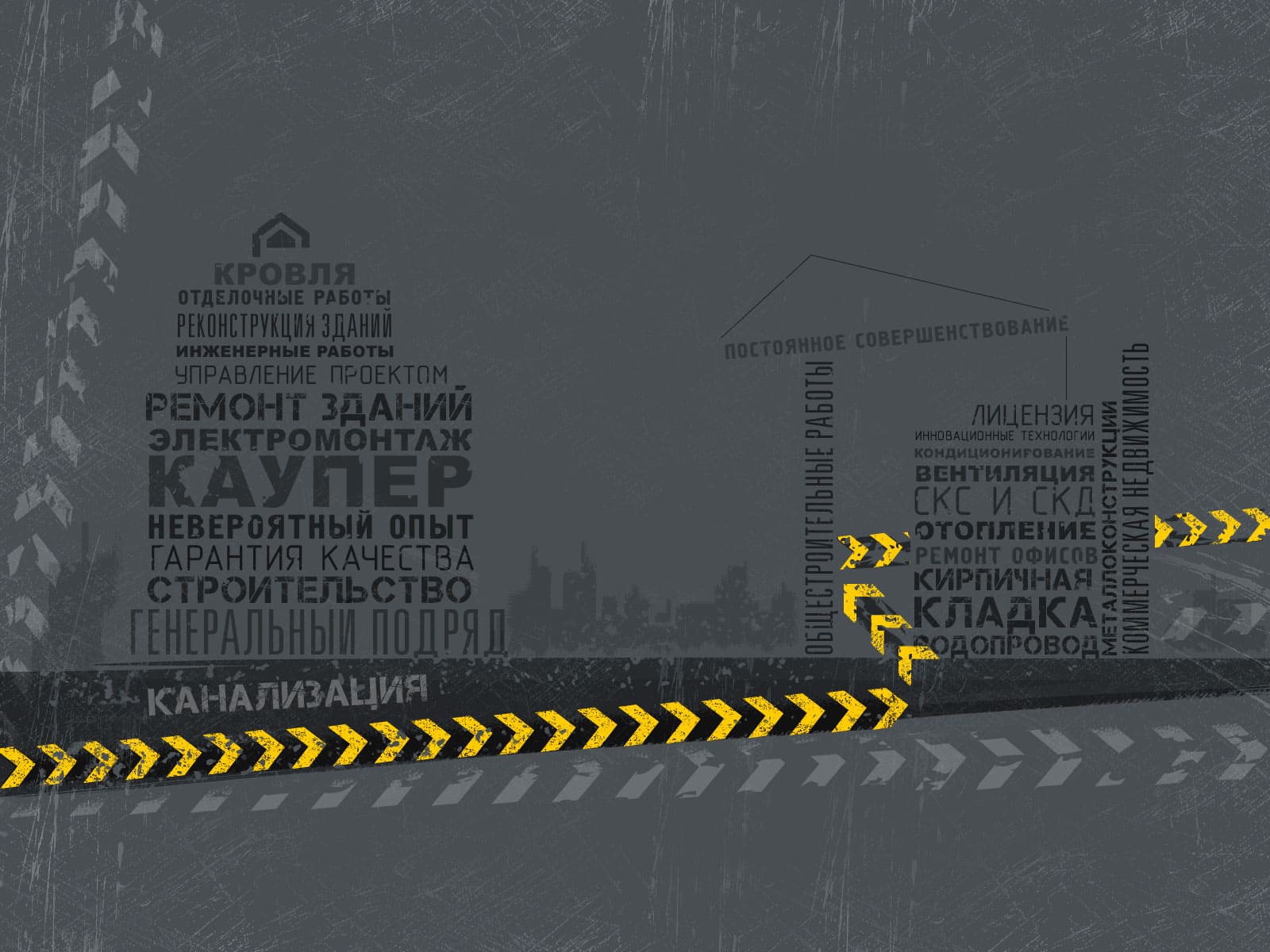Industrial Construction: Modern Trends, Challenges, and Key Implementation Aspects

Industrial construction is a cornerstone of economic development, providing the infrastructure needed for manufacturing, logistics, storage, and many other sectors. From factories to logistics hubs, each project demands meticulous planning, advanced technologies, and strict compliance with standards. This article explores the essential aspects, challenges, and prospects of industrial construction.
1. What Is Industrial Construction?
Industrial construction encompasses the design and building of structures for manufacturing plants, logistics centers, warehouses, energy facilities, and other industrial purposes. The primary goal is to ensure the efficiency and safety of production processes.
Examples of industrial construction projects:
- Factories and production plants.
- Logistics and warehouse complexes.
- Engineering facilities (e.g., wastewater treatment plants).
- Energy facilities (power plants, wind farms).
2. Characteristics of Industrial Construction
Building industrial facilities comes with unique requirements:
- High demands for durability and strength: Materials and structures must withstand substantial loads.
- Adherence to technological norms: Designs and construction must comply with industry standards and safety regulations.
- Large-scale projects: Industrial facilities often cover extensive areas with complex infrastructures.
- Integration of technologies: Digital tools, automation, and monitoring systems are indispensable in modern industrial construction.
3. Stages of Industrial Construction
1. Analysis and Design
- Assessing client requirements.
- Conducting geological and geodetic site surveys.
- Developing project documentation tailored to production processes.
2. Permits and Approvals
Ensuring the project complies with building regulations and environmental standards.
3. Construction Phase
- Site preparation: leveling, installation of utility lines.
- Erection of primary structures.
- Installation of technological equipment.
4. Completion and Commissioning
- Testing systems and equipment.
- Ensuring compliance with building standards.
- Handover to the client.
4. Modern Trends in Industrial Construction
1. Eco-Friendly Solutions
Sustainable development requires energy-efficient technologies, renewable energy sources, and recycled materials.
2. Modular Construction
Prefabricated modular designs reduce construction time, lower costs, and enhance assembly precision.
3. Digital Technologies
- BIM (Building Information Modeling) for design optimization.
- Drones for construction site monitoring.
- IoT (Internet of Things) for infrastructure management.
4. Adaptability for Future Changes
Modern facilities are designed for potential repurposing or expansion.
5. Key Challenges in Industrial Construction
- Meeting Deadlines: The complexity and interdependence of tasks can lead to delays.
- High Costs: Engineering solutions, materials, and equipment require substantial investments.
- Environmental Impact: Construction processes must prioritize ecological safety.
- Workforce Shortages: The industry faces a lack of skilled professionals.
6. Tips for Clients
- Choose experienced contractors with strong reputations.
- Plan budgets with contingencies for unforeseen expenses.
- Invest in quality materials and technologies to avoid costly repairs in the future.
- Monitor progress at all project stages.
Industrial construction is a complex and demanding process that requires a high level of professionalism, advanced technologies, and detailed planning. By embracing innovative solutions and focusing on sustainability, the industry is becoming more aligned with modern demands. Investments in high-quality industrial construction not only support business growth but also lay the foundation for long-term economic development.

